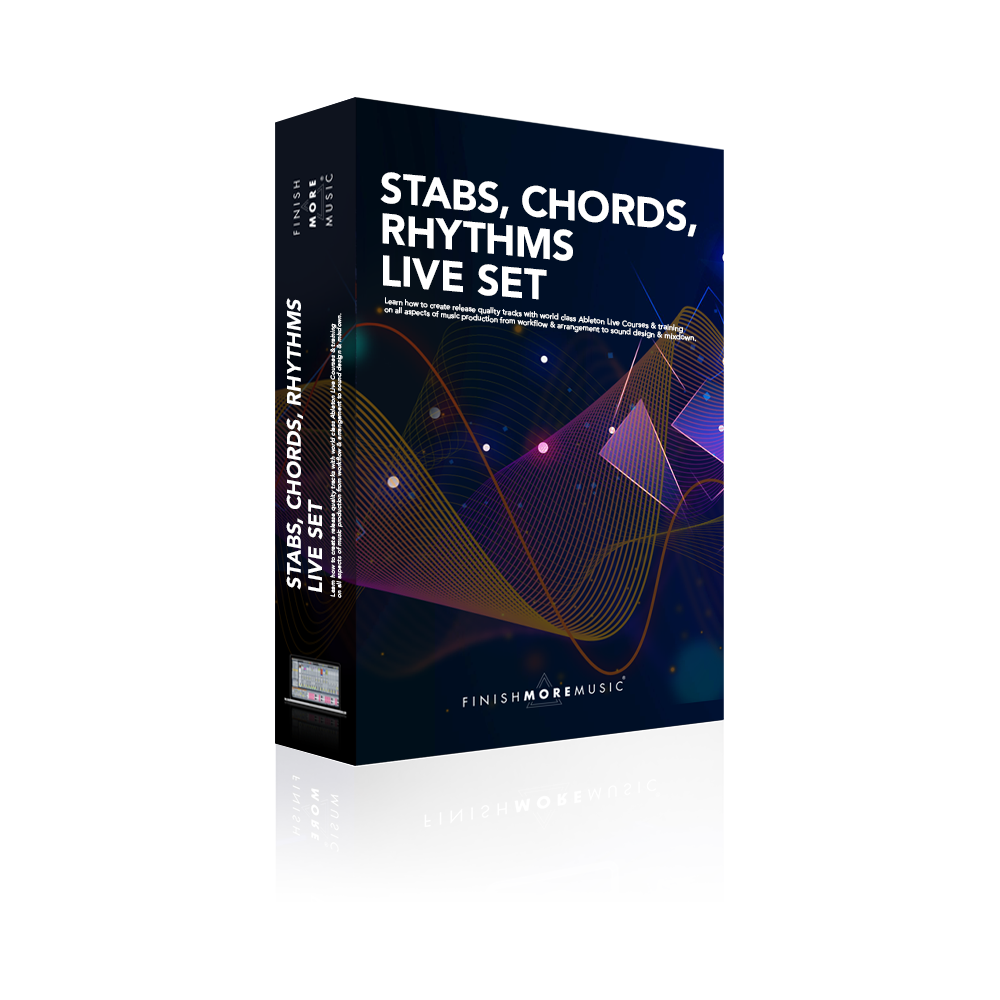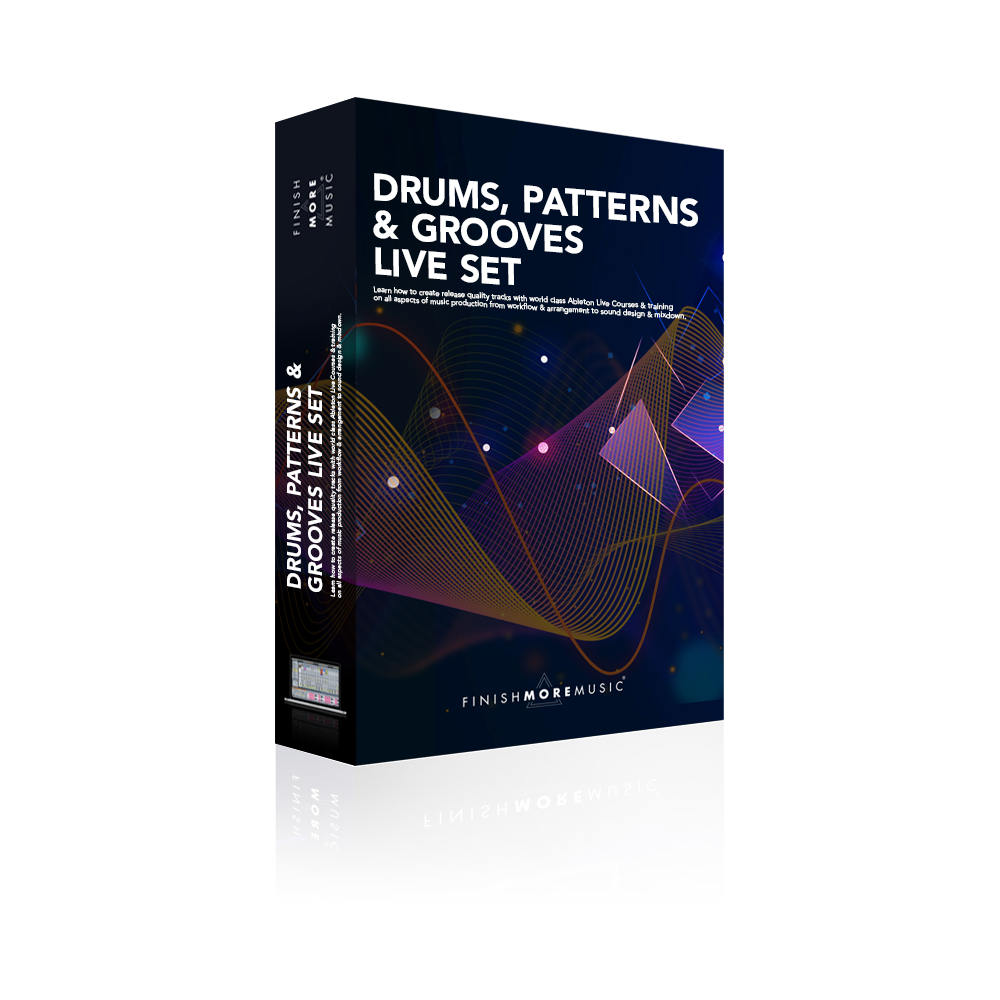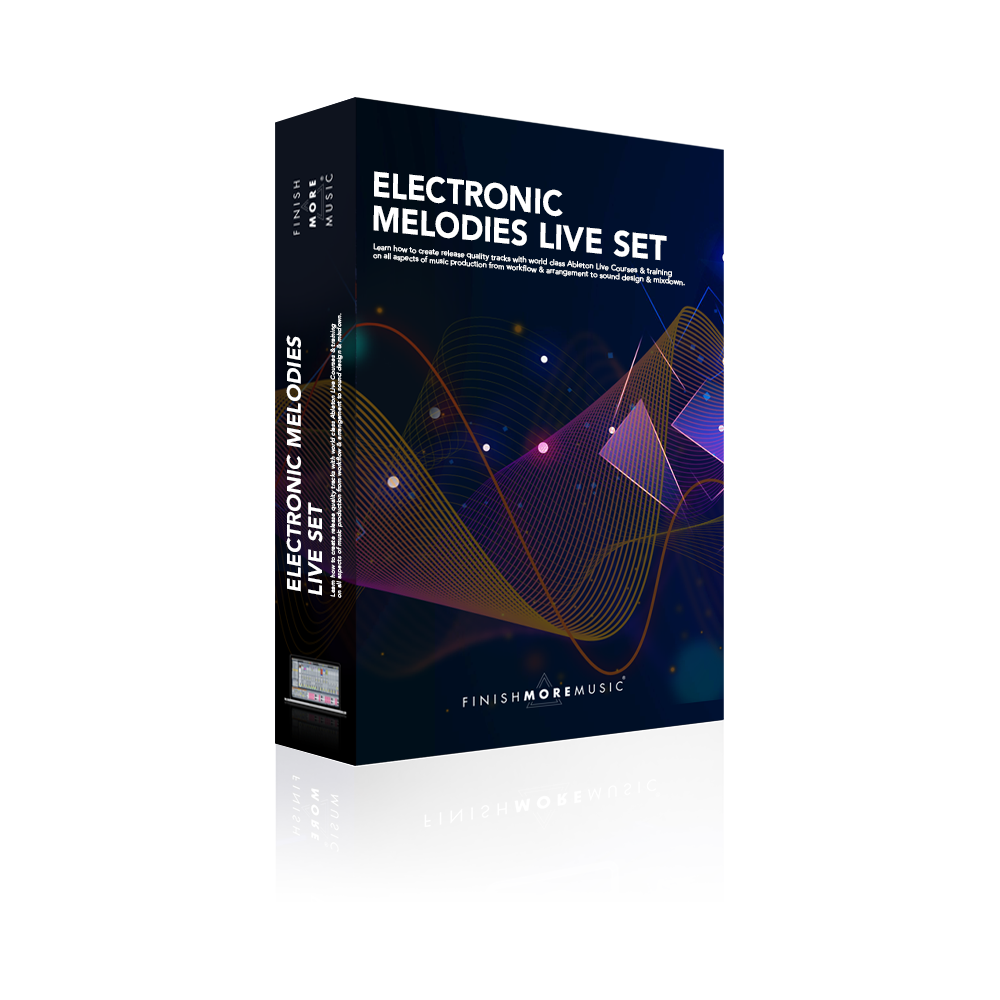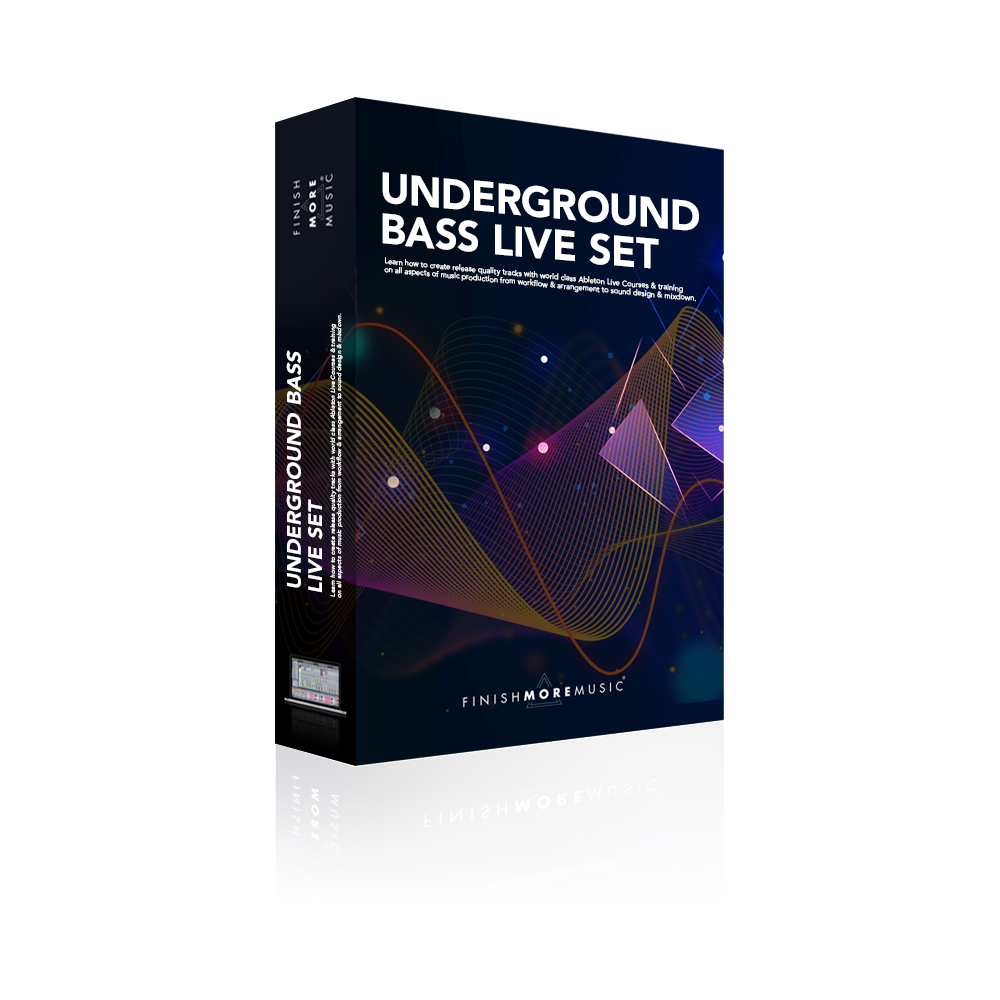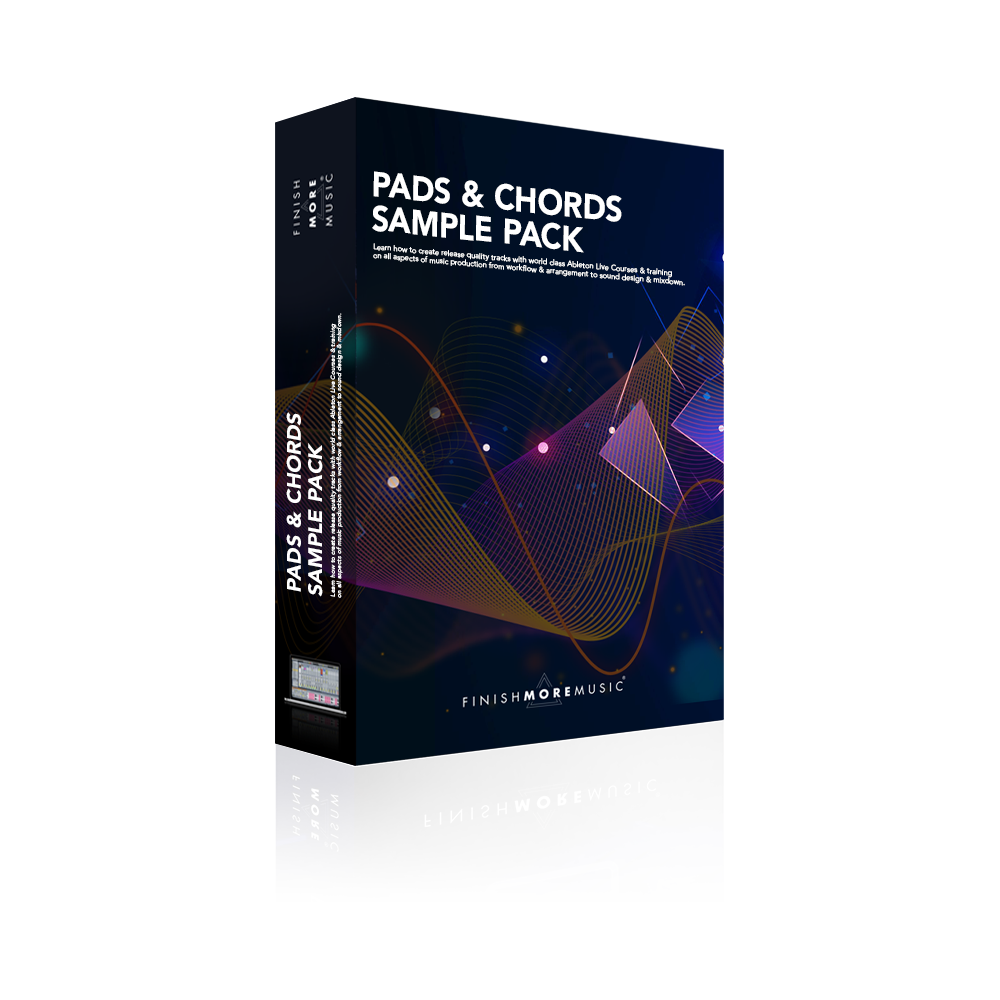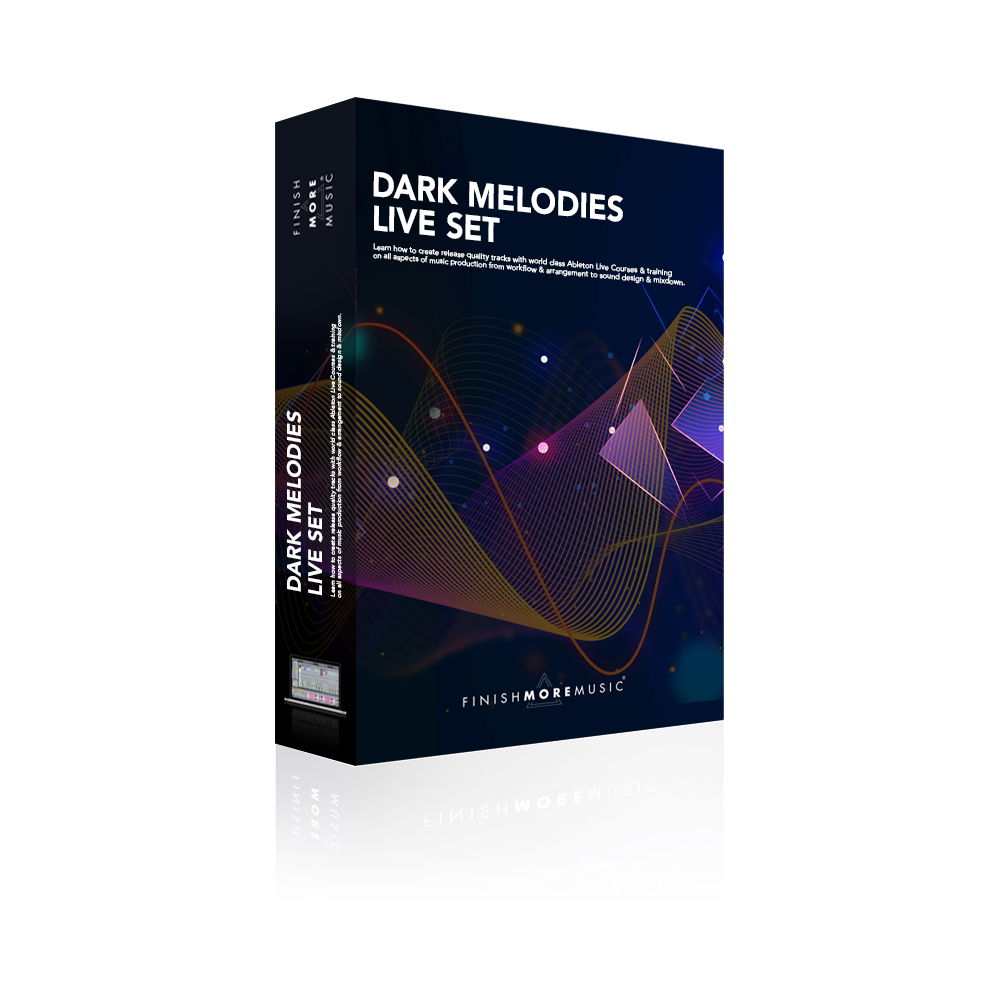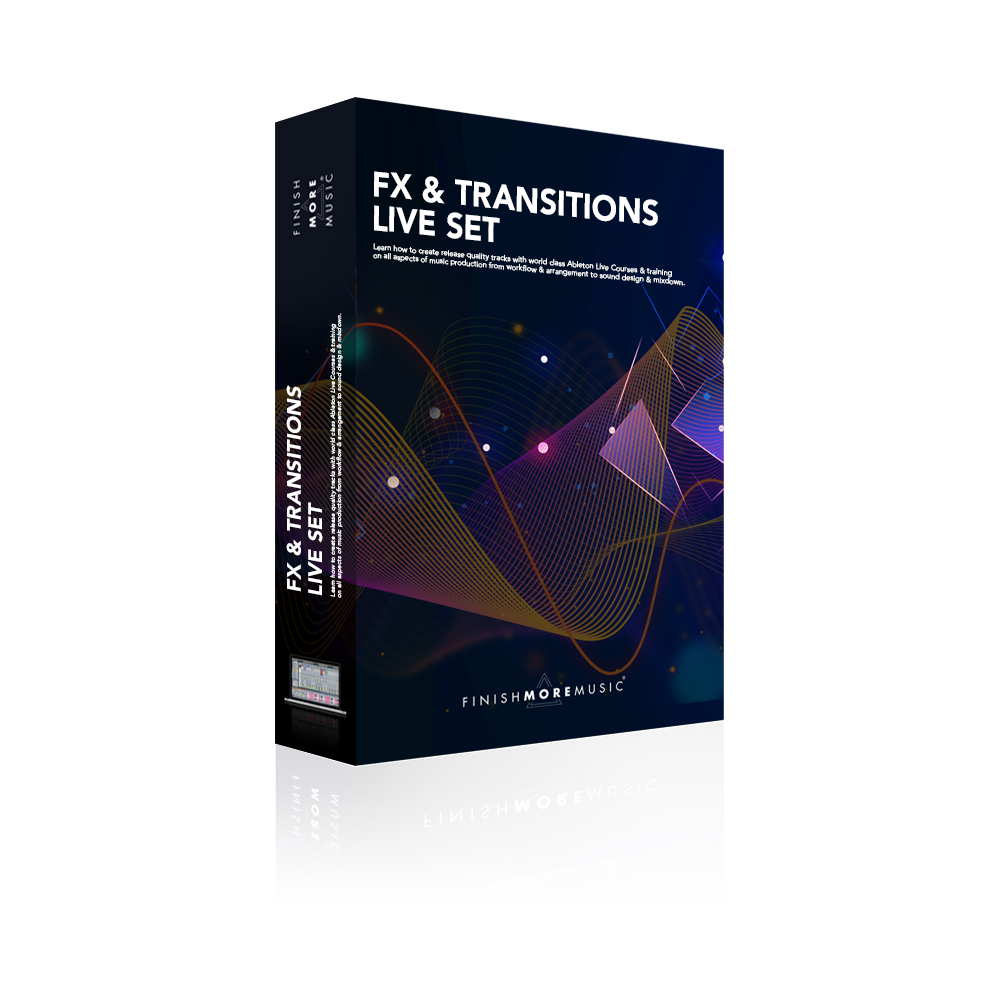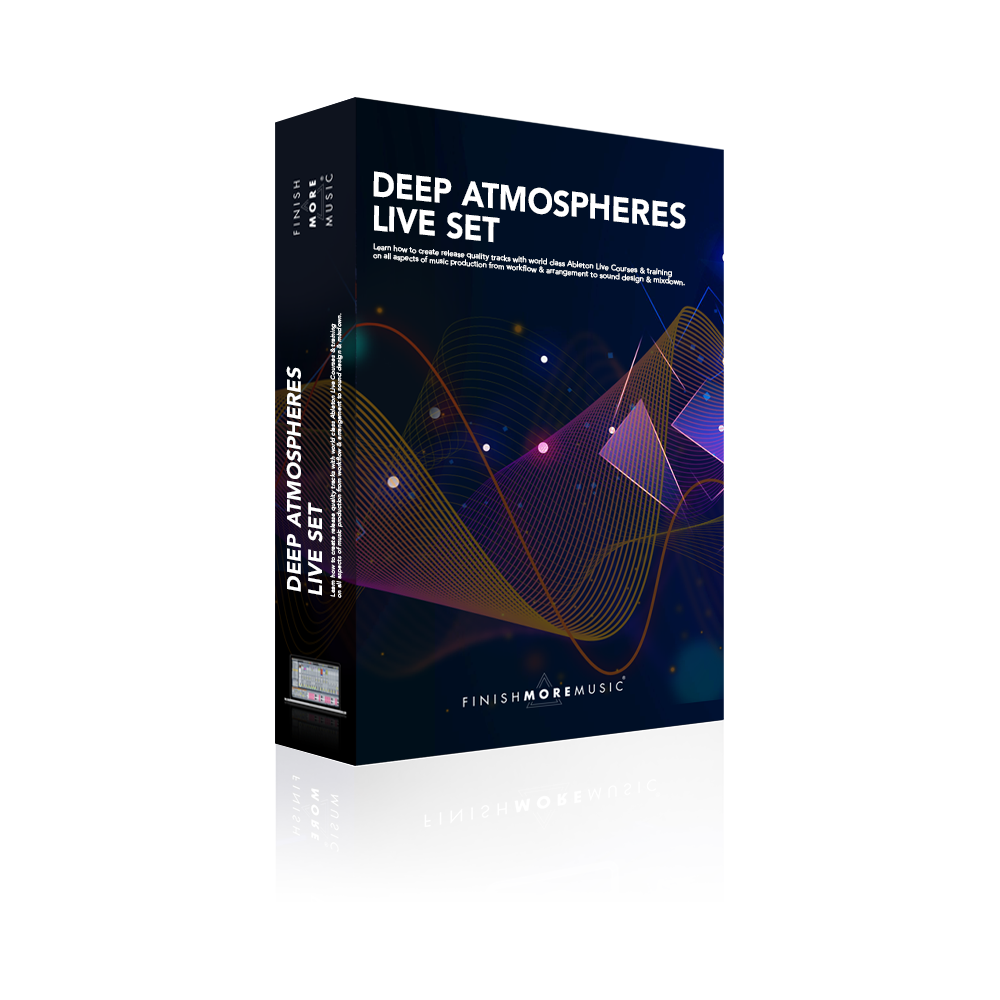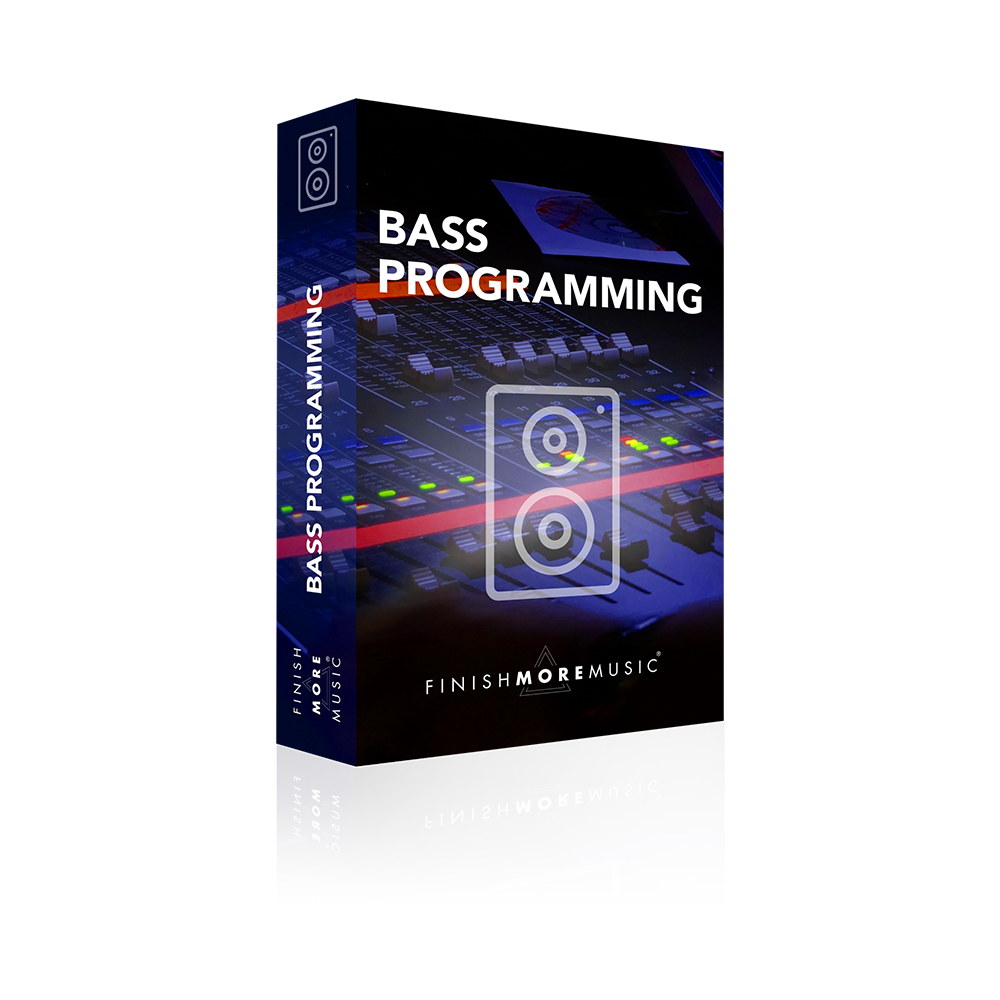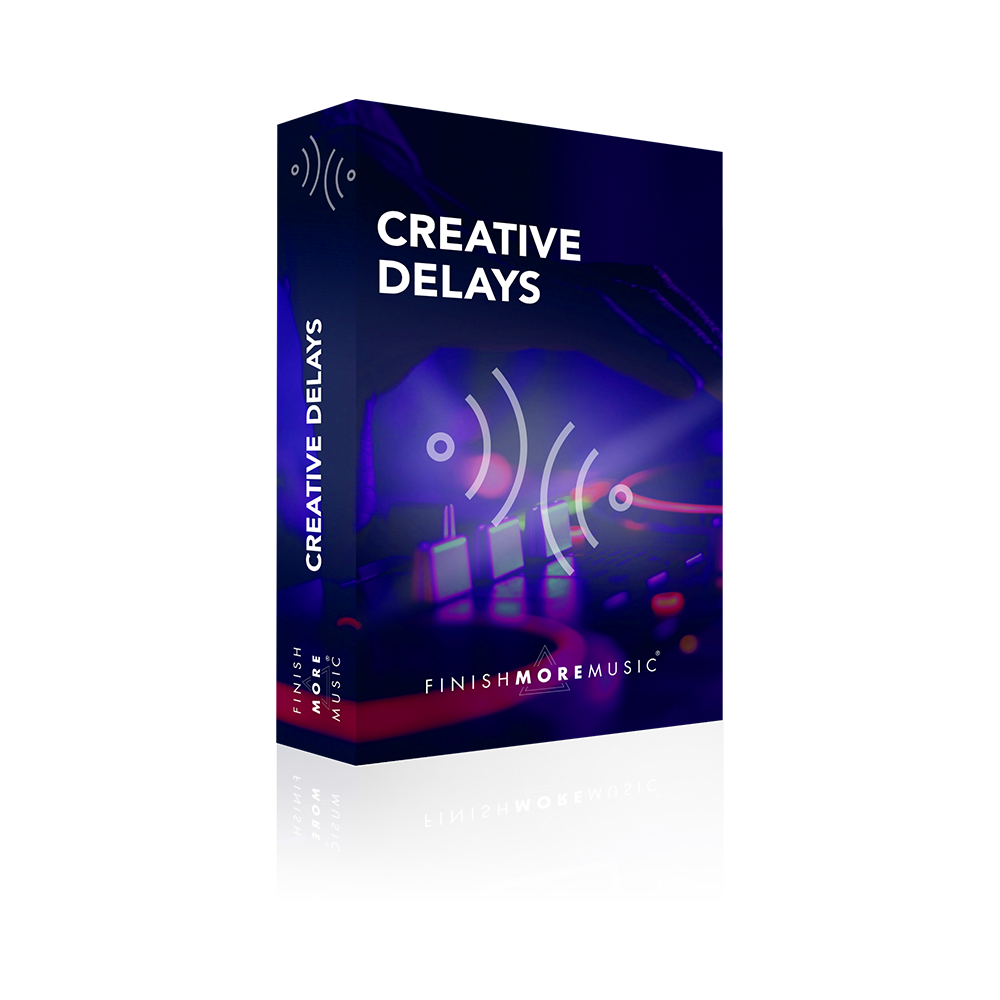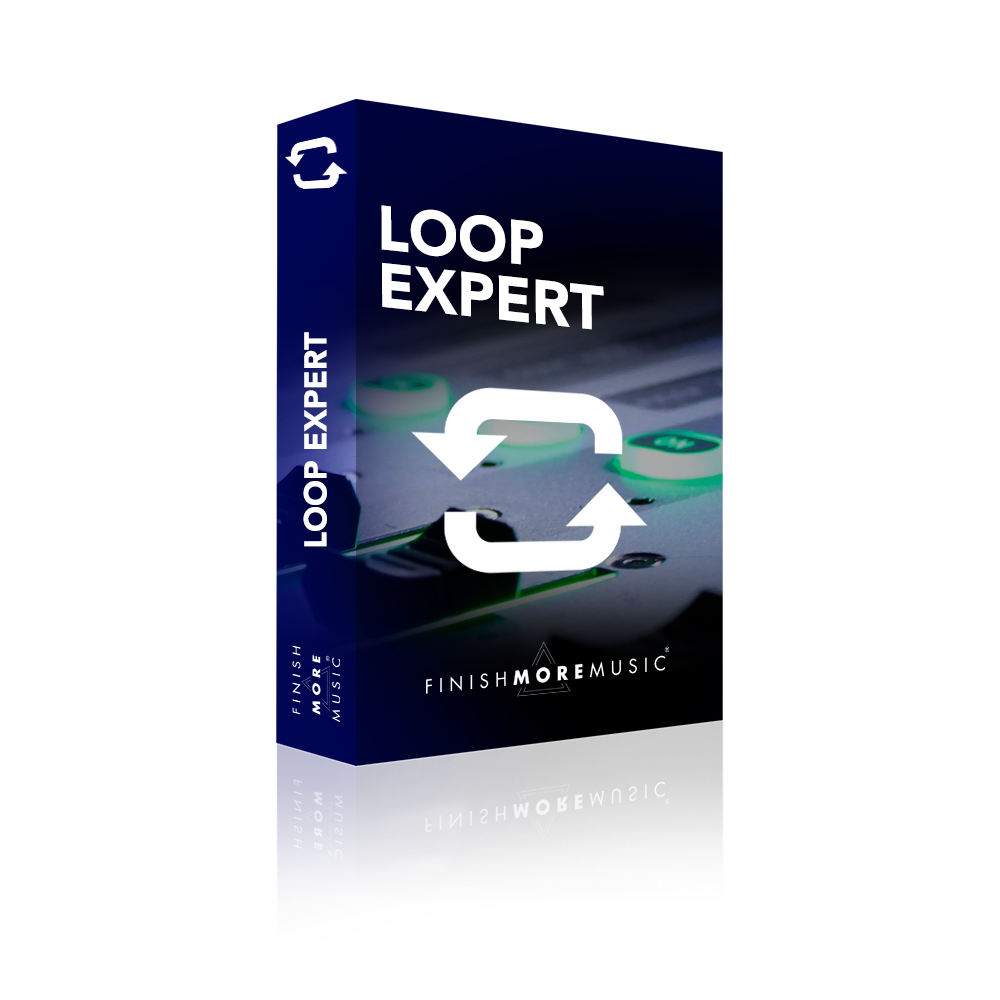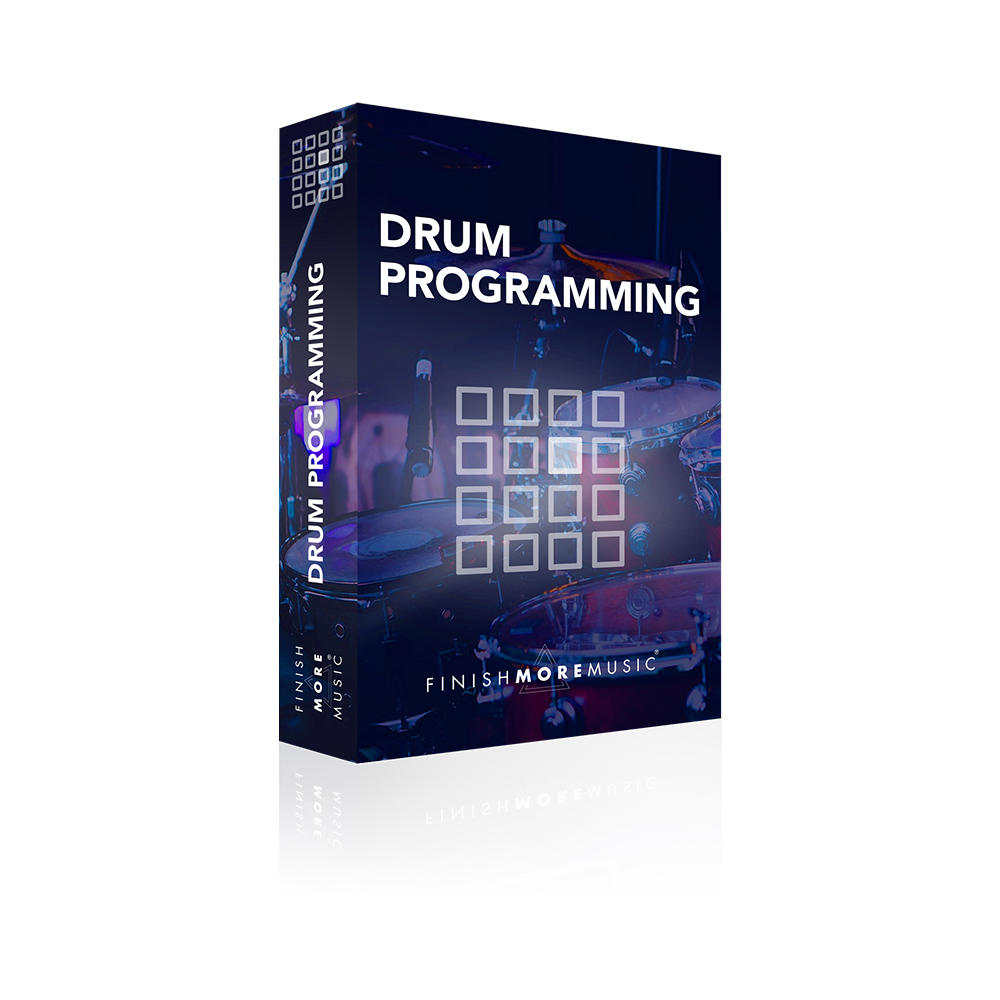Hi, I’m Keith Mills and this is episode number 70 of the Finish More Music Podcast. Today, we’re back on the solo shows, so it’s just you and me. We’re going to be diving straight in to the uncomfortable, controversial deep end talking about a subject that nobody wants to think of themselves as, and that’s entitlement.
So I’ve noticed a lot of people in recent years, believing that labels should, must absolutely have to relent to all of their demands or the label sucks and the label owners are evil, ill-intentioned money grabbers. Well, personally, I don’t buy it. I think the issue often lies with the artists who are throwing around these demands. And actually it’s the artists who are doing themselves more harm than the labels are. So, let’s deep dive into this edgy little topic and I’ll share my perspective and thoughts on what I believe is a better way to navigate the business of getting your tracks signed to labels.
This is the Finish More Music Podcast, a show for underground dance music producers who want to finish more and better music and to share it with the world. My name’s Keith Mills and every week, we’ll dive into the mindset and creative strategies that will help you to move further and faster along the music production journey.
Hello and welcome to another episode of the Finish More Music Podcast. I’m back with the solo shows. We’ve had an amazing run with the artist series. I hope you enjoyed it. If you haven’t checked it out, you’re going to want to go back and check out the last five, six episodes. I can’t remember. It’s six episodes. Yeah. Amazing, amazing producers. We’ve had top people from Dubfire to Nick Muir, John 00 Fleming, Bushwacka!. These guys alone have got over a 100 years combined experience of producing music as creatives, performers, DJs. So you can imagine the gold that they had to share.
And then we had some of the newer faces on the scene, Adysin, Daniel Dubb who although new have got releases on an absolute who’s who of the top labels and they come with different perspectives. And across all of these artists series, we’ve discussed loads of diverse topics, the music industry, the great side of it, the dark side, the bad side if you like, various pitfalls for you to watch out for as you’re progressing through your music career. We’ve talked about their creative ethos, how they think about music, some incredible perspectives and the feedback that I’ve had as well of how it can take one sentence, right?
It’s just one comment that somebody makes that can make all the difference to the way you think about your own music and the progress that you make, the way it moves the needle forward. And we’ve talked about workflows, technical things, loads and loads of stuff, the future of the industry and the scene. So if you didn’t catch them, it’s the last six episodes before this one. And even if you did catch them, we had a really interesting conversation in the Finish More Music community. Just the other day, when I was doing a live Q&A, and someone was talking about revisiting content, we have a core training track inside of FMM that’s designed to take people from a place where they’re finishing little, maybe no music at all for years and years and years and it makes them prolific and it gets them regularly releasing their music.
But it’s also really fantastic for people who are already further along. They come in and it builds the solid foundations and grows them so they learn stronger workflows, better mindset, all of these things. And here’s the deal. Going back and revisiting something that second time over, if it resonated with you in some way in the past always, always yields new lessons, new perspectives, new connections. And it’s something I do. If I read a book and I’m like, “Wow, that was a cracker of a book.” Then I save that in a specific place and I’ll revisit it. It’s not uncommon three, four times in a year because every time I pick up the book again, I’m further along.
Maybe I’m in a different state of mind. Maybe I’m more focused this time. Maybe I read something else and it connects new dots and new ways of learning. So even if you checked out those podcasts, I recommend going back and giving them another listen. Because there was so much gold in them that I’d be absolutely gobsmacked if something didn’t hit home with you even harder. And there’s a difference between hearing something, understanding something and getting it, right?
We’ve all been through a piece of content, a video at some point, or read a book or a manual, some kind of tutorial, whatever it might be and understood it, but it didn’t really permeate into us. It didn’t land. It didn’t hit us as hard as it could. And often the second or third time around, it does, it becomes a part of who we are and how we operate. So definitely recommend checking those out.
For this solo show, we’re diving straight back into the somewhat controversial, uncomfortable, difficult topics. Because I know you love them and I’m going to be talking about a word that most people don’t like to think they are, I think, but I’m seeing it cropping up quite a lot and wait for it, cringe, the word is entitlement. The world owes me something or another. And I’m going to focus specifically on record labels and getting music signed. Because this is something I’ve seen a lot of lately. All around the interwebs, I’ve seen it in our community as well. We’re getting a huge number of our members at getting their tracks out there. Absolutely incredible.
And we’ve had this year alone well into the hundreds, probably four or five hundred pieces of music of now being released from the members of our community alone. So I’m seeing a lot of the thoughts and opinions and ideas that come up. And one of the things I’ve just been seeing in general is that people feel that labels should, must, have to deliver something. There’s a demand on it, right? There’s an entitlement. They must master my tracks. All labels must offer a mastering service and if they don’t they’re rubbish or they’ve all to got offer a 50/50 split. And if they don’t, they are conniving, evil, bloodthirsty money suckers.
It’s this kind of talk about that I’m seeing a lot. And I really wanted to speak to that in this episode because what happens is when we feel entitled, when we make demands, that things must, should have to happen. Typically, when they don’t, which is somewhat inevitable, a lot of the time we end up frustrated, angry, potentially outraged, hard dumb by. “The world’s against me. Why does it always happen to me?” There’s normally a whole raft of negative emotions that get attached to this. And it’s a very rigid way of thinking it’s either on or it’s off, right?
They must do it. If they do, they’re right. If they don’t, they’re wrong. It’s on/off. So it’s very rigid and it typically leads to us missing fantastic opportunities that if we were more open, we would see. So my main point, the main thing I want to talk to in this episode is that if you live from a place of entitlement, a place of demand for certain things, then you’ll also be living from a place of frustration and difficulty and most likely outrage, no doubt. And just a whole raft of negative emotions and rigidity in a place that I’m sure you don’t want to live your life from.
Now, I do want to be clear, that is of course your choice. You get to demand and feel entitled to things if that’s what you want, but I’m going to propose a different way of looking at things in a way that I think is a lot lighter and doesn’t mean that you’ll be in any way disadvantaged to getting the things that you want, but actually things will flow much more easily, and you’ll have a much more open view about the world, and in this case labels. Because when we’re operating from this place of a label must do something or if we take advice from someone and it might even be a kind of throw away remark, they didn’t think about how articulating it, put it that way.
But they say like, “Yeah, all labels must master your music,” right? And you take on that advice or you operate from the place of all labels must master music or they are crappy. They’re rubbish. I won’t pay attention to it. It’s totally your choice. I want to be really, really clear on that. But what I’m wondering is if you operate from a place that all labels must master my music or they’re crappy or they’re no good, then how many labels outside of that, outside of master your music are perfect and would deliver you with all the opportunities and all the promo and all of the great stuff that you could want and amazing label owners to connect with. How many of those might you leave behind?
It’s kind of like having an opportunity to buy your dream home, but passing up on it, overlooking it, because you don’t like the color of the walls. And if you did take it on, you’d actually get to paint the color of the walls perfectly to what you wanted, right? And that’s kind of similar with mastering. If you gave it to someone else to do, if that was the deal, you could get it dialed in exactly as you wanted it. And this is the point, this demanding, this sense of entitlement, we all live from it so, so often all of us.
I’ll give you another example that I’m absolutely confident you can relate to. It’s something that I keep battling with myself and keep catching myself on this, the weekend, right? So we say things like, “Ah man, it’s been such a hard week. I absolutely have to get in the studio this weekend.” Place that with whatever you want. I’ve got to put four hours in the studio. I’m going to have a beer or I’m going to get to kick back and watch the football, a nice glass of wine and my favorite book, hanging out with the girls, hanging out with the guys, whatever it might be.
There’s a demand on it. This absolutely must happen. This should happen. It should happen because I worked myself into the ground this week. It should happen. And we wake up on Saturday morning, I had a bit of a lay in, get up, feeling fresh, ready to get in the studio. And just as you’re about to go in there, the doorbell rings and it’s mum and dad. “Hello, darling. How are you?” Kiss on the cheek. “How was work this week?” And you’re just like, “Ah, man.” You love your parents. Of course you do, but it’s just like, “Oh no.” And then they sit down and your other half gets around to teasing and the chocolate hobnobs and they’re chatting away, and then your other half starts asking them about when they first met.
She’s asked him three times before, but she knows they like it and you’re sitting there looking at the clock thinking, “Oh my God, I should be in the studio. I should be kicking back watching the football. I’m going to miss the football.” And what happens? Anger, frustration, madness and then they go and there’s still like an hour left to get in the studio. Do you go in there or is it “life’s not fair, I’m outraged. I can’t possibly go in there.” And the other half says, “Oh, you’ve still got an hour to go in.” “You don’t understand. You shouldn’t have got the chocolate hobnobs out” and off it goes, right?
And it’s this place of rigidity and we miss any opportunity to get in the studio. Maybe if we just said to our other half, “Well, you know what? I did gobble up a bit of time. I’d really hoped to have four hours. I know we’d planned to do this. What’d you think if I grab an extra hour? Would you be cool with that?” There’s a whole world of opportunity. Maybe your other half says, “Well, I really wanted to do this, but how’s about we move X so you can get in there?” But you’re so filled with rage and anger that you just leave the rest of your Saturday furious about this must, should, must demand what I was entitled to.
And that’s the deal, whether it’s the weekend or any other things that I’m sure you’re already thinking about in your mind that you do this with. Because I know I catch myself loads doing this, whether it’s the weekend, whether it’s that the label must give you a 50/50 split or it means they’re evil, they’re bad, they’re blood suckers or they must get my music in the hands of X or they’re no good. They’re not serious. They’re not professional. Or they’ve got to communicate and respond to my emails within 24 hours. Whatever it is, when we put these kind of demands out there that this thing must happen or something bad is going on, there’s some slight towards me, then we just get consumed with negativity and we have this really rigid.
Now we’re really building up an opinion potentially about them and actually they might be awesome in so many different ways. It could be great for us. Now here’s the kicker. Here’s the bit that’s really going to sting in all of this. None of it is true. So let me take this example because this is one that I’ve seen quite a lot. This idea of all labels must master your music or they’re not a good label. You should go somewhere else to someone that does master your music.
So all labels must master your music. Is that true? Of course it’s not. Because if there was just one label out there that’s doing well that doesn’t master your music, then the statement all labels must master my music must be nonsense and of course there is. There are hundreds and hundreds and hundreds of fantastic labels that do not master music for their artists. They prefer their artists to do it and they’re not crappy. They’re great, great labels and they offer a whole raft of other incredible opportunities.
And add to that, there are loads and loads of artists who don’t want the label to master their music. They prefer to do it themselves because they found a great master and engineer who gets their music exactly how they want it, who represents it in the way that they originally intended. And they don’t want to label that says, “Yeah, we’ll master it.” And there’s a chance that there’s someone who’s got no more experience than you do, sticking it through some preset on iZotope Ozone or something like that. And then it comes back and you hear it and you’re like, “Nah, well that’s how they like it and it is louder. So it would be passible.”
But actually that vocal snippet in there that might only play three times in your tune, but it kind of sets the tone, it’s an important moment. It’s something that really meant something to you. It’s important to the integrity of that track. Well, now it’s lost in the mix because they’ve pushed up a load of things around it and it’s not having the effect that you wanted or the grooves gone. Something about it, the balance of it just isn’t right to you. So it absolutely can’t be true, can it? That all labels must master your music.
It can’t even be true that the label in front of you right now must master your music. It can’t be because they were already releasing tracks from other people and they’re doing just fine. So it’s not true. Not only are we making ourselves mad and angry and missing opportunities and getting frustrated and thinking the world and the label and everyone is against us, we’re doing it over something that isn’t true. It’s bonkers. So is there another way? Well, of course. Of course there is another way and it’s very simply to give yourself a choice and to be a bit more relaxed about the whole thing and to recognize what is true.
So we’ve just seen clearly what isn’t true and demands, pretty much, I can’t think of a demand that ever will be true. So I think all demands are false. Let’s look at a lighter way of doing this. Choose what’s important to you and have a statement like this. It’s important to me that a label will master my music because I don’t want to go elsewhere or don’t want to spend my time on that or find someone, whatever it might be. It’s important to me that a label masters my music, but I appreciate they might not do it. And that’s okay, I’ll go and take my music somewhere else.
Or I would prefer if the label masters my music. If they don’t, I’ll say to them, “No problem at all and I’ll take it somewhere else.” And that’s kind of a condition that you can then start putting in. In fact, really it’s either saying it’s important to me or I prefer it, but I understand they might not do it. That’s going to be one statement. The other one, which you most likely will have is that you introduce a condition into a way that you think about these things. So it might be, if this label doesn’t offer mastering, then I choose not to sign with them and I’ll send my music out somewhere else.
Or we could make it into a statement that says something like if they get the music into certain people’s hands or they master it or they promote it in a certain specific way or they give me remix opportunities, whatever it might be, whatever’s important to you. If these criteria that are important to me get met, then I’ll sign with them. Otherwise, I choose not to. And in fact, options are a threefold when you think about it, okay? Because the important word here is offer. If they offer to do the mastering, if they offer to get it into certain people’s hands, and this is, I think the crux of it, this word offer. And somewhere in this world of entitlement and the things that I’m reading and hearing people say to me, somehow, this has got lost.
Here’s the truth. Here is how this works. You send your music to a label. They like it. They say, “Hey, we like it. We’d like to sign it.” And then they send you a contract. That is their offer. That is them offering to sign it and the conditions under which this is going to happen. Your consideration is the music. Their consideration is what they’re prepared to pay you where they can get this music, who they can get listening to it, who they can send it to, wherever they master it, how they promote it. It’s their offer and you have the choice. Do you accept the offer or do you decline the offer?
There isn’t the label must, should, definitely has to do X. There isn’t. There’s quite simply, here’s the offer. You don’t go into Pret A Manger and pick up a sandwich and go to the front and say, “This must be two pound.” You look at it, it says it’s four quid. You go, “No thanks.” Four quid for a cheese and pickle sandwich, “on your bike”, or you go actually, “Yeah, that’s a good deal. I’ll have that.” Exactly the same with the label.
Option number one, Yes. Smashing. I love it. Thank you very much. How do we move this thing forward?” Option number two, “No, I don’t like the look of that. I really appreciate that you like my music and that you wanted to sign it. I’m over the moon to hear that, but the contract doesn’t do it for me. Thank you very much. I’ll go somewhere else.” Option number three. “You know what? I’m really over the moon you like the music. Contract’s good. There’s just one thing that’s missing that’s really important to me. Do you think we could get that included? If yes, amazing. If no, sorry, it’s not for me. Thank you very much.”
It’s about a choice. It’s not about a demand. It’s not about an entitlement. It’s not about who they are and what it says about them and their label. If they do or don’t offer something in particular, it’s simply a choice. And this is the amazing thing. When we create demands that are out of our control, when when we give ourselves choice, it gives us control. The label must do this. Well, no, they mustn’t. I’ve got news for you. They must not do it. That is out of your control. When you say “It’s important to me that they do. But if they don’t, I’ll do something else, but … choice point.” I can choose what I’m going to do, depending on what they’re going to do. They have a choice. I have a choice. Let’s move on.
No entitlement whatsoever, but I get it. Right now I might be saying this to you and you may have just got your first contract come through to you or you’ve just signed one, or maybe it’s your third or fourth, whatever. And you’re listening to this and you’re feeling a bit tight and you’re going, “Well, but yeah, but they should do this but I can’t let this go.” And I totally get it because there are a couple of things that I’ve picked up on in a lot of conversations I’ve been in and that I’ve seen.
And I’m sure there are more than this, but the two big ones that stand out to me is blood, sweat, and tears, right? “They should do this and they should do that and they should do the other one because I’ve been producing for five years and this is my art. And this particular track took six weeks to make and it was really hard. And I had to rewrite the bassline five times. I was practically in tears and I thought I was crap. And then I thought it was great. And then I thought I couldn’t do it. And then I thought I was a genius. And here is my work of art. You absolutely got to master that.” Well, I got news for you, they don’t care. Your listener doesn’t care. The end user of your product doesn’t care.
The label isn’t sitting there going, “Ah man, we have got deal of the century here. Bob spent six weeks struggling away at this thing, six weeks. Oh, we’ve got an absolute deal.” They’re not saying that. And likewise, they’re not saying, “Ah man, we got the rough end of this deal. Bob come down on a Sunday, hung over, got his bowl of cornflakes, sat in his pants, was only intending to install a plugin and three hours later, it created this belter. Ah man, we’ve been ripped off offering this contract.” Of course it means something to you. Your art means the world to you, how that track was made, the story behind it.
And listen, I’d love to hear about it. You’re in our community, all of your fellow members would love to hear about it. Your peers down at the pub having a beer with you would love to hear about it, but it doesn’t make the track more or less valuable to the end listener or to the label. Again, it’s a truth to let go so that we can see what is real, the what is. And the second thing I think that comes up a lot is fear. Particularly if it’s your first release or it’s a label that you really care about. Because the voice then in your head might be saying, “Ah great. Someone’s picked up my track. This is amazing. This is a benchmark for me. I’m really excited about that.” And of course you are, of course you are.
This is great. They’re going to sign it and then the contract comes through and you’re like, “Ah man, this is not great. I don’t like the split. I don’t like the this. I don’t like the that.” It’s easy to then be like, “Well, I’m stuck now because I’m scared I can’t get this signed somewhere else. And this means so much to me.” And so what was a preference and what was important now becomes a demand because we feel boxed in, we feel trapped. Where it’s them or it’s nothing at all. And maybe you’ve told people, you’ve got your track signed in and it’s all been exciting. And you’ve been shouting about it to your mates and your family and anyone else who’ll listen. Of course you’re excited and now you’ve got this contract you don’t like, and you feel you can’t go anywhere else.
So now it’s they must do this. They are awful. They are evil. They’re only in it for the money. It’s all of this stuff. But that fear isn’t true, right? Of course it’s not. Because if you like your track enough and you thought enough of it to send it to a label and if the owner of that label thinks enough of it that they want to sign it, then you can bet your backside that somebody else is going to want that track as well. And as soon as we open that up and go, “Yeah, that seems like solid reasoning and a solid evidence funnel to me.” We go back into a place of choice and back into a place of control.
Okay, that label isn’t really for me because of their contract or I didn’t like the way that they communicate. Maybe they just take too long to come back. It feels unprofessional. To me, that is a huge deal. More than if somebody wanted me to master a track and if they perhaps couldn’t get it into some people’s hands, but they had a few defining things I liked in there or even if the label, let me swap that around. If they did everything, if they did everything that I wanted, but they didn’t communicate, I’d probably be out of there rather than signing because that’s so important to me.
I wouldn’t be making judgements about them. I wouldn’t say they’re awful people. They might just be super busy and that’s okay. They might not really value communication and that’s fine. Look, they offer everything else. That’s incredible. But to me personally, it’s really important that anybody that I work with whether they’re on my team, whether they’re people, I mentor, whether they’re affiliates and companies that we work with to cross-promote and do all of these things, it’s absolutely vital.
And no matter how big, how cool, how much of a dream student, someone is, if the communication isn’t there, I’m going to be stopping that really quickly. Because my time is important to me and knowing where I stand is important to me. I won’t say bad things about them. I don’t think evil about them. I don’t think anything like that. I don’t think they should, must, have to do this. It’s just that’s important to me and my condition is if somebody isn’t able to communicate, I’ll bring it up. And if they choose not to or they don’t that’s okay, but I won’t carry on working with them. And that is perfectly okay.
So really the moral of all of this, the point that I’m trying … moral, the moral – blimey, it sounds like some old tale, doesn’t it? But the key point that I’m trying to get across here is this idea of entitlement and this thing of labels must, should, do all of these things. I don’t know where it’s all come from, but it seems to be pretty big and prevalent now. No, as we’ve proven, they mustn’t, shouldn’t, don’t have to do anything they don’t want to and neither do you.
So to wrap this up, just be really mindful of this, not just with things like labels, but anything that you’re doing in your life, watch out for when this entitlement and these demands and this rigidity is entering into your life. Whether that’s your personal beliefs in the way that you’re looking at something, or maybe it’s just the advice from someone or someone you’re hanging around with. Just keep an eye on that stuff because it very quickly leads to us missing opportunities, being narrow-minded and feeling a whole raft of negative and bitter and outrage and all of these kinds of emotions.
Whereas if we stay open and we look at conditions and what’s important to us and what we prefer, then what we’re seeing is the real world. We’re seeing the truth and it gives us choice and it gives us control. And it’s much easier to navigate from a place of strategy when you’re sending your tracks to labels, who you’re going to go with, who you’re not going to go with. Rather than a place of fear and demands and unrealistic expectations, which actually rather than it feeling like you’re getting what you want tends to lead you more often than not to getting something you don’t want and being pretty angry and upset about it the whole time.
Whereas the other alternative is being happy and light and things might miff you. It was important to me and so as that label and that I didn’t like the contract and I’m feeling a bit rubbishy about that. But that’s nowhere near as bad as outraged, angry, frustrated, and all the rest of it and rigid and not ready to move on versus I’ll move through the lesser emotions and I’ll go somewhere else to get the result I want.
So I hope you’ve found the episode useful. One thing I’m really keen to hear from you on Instagram, DM me @iamkeithmills is of course expectations and things that you might have about labels whether you agree with this or not. Because I know that I’m flying in the face of a hell of a lot of opinions that I’ve been hearing online here. But also I’d be keen to hear where else you see this cropping up in your life and whether you have the same hunch and inkling and perspective that I’m seeing. And I’m aware, this is only a perspective and that’s why I’m really keen to hear from you.
Is the world moving more towards a place where people feel that they’re more entitled to things in general? Because I kind of think I’ve been spotting a swing in that direction just in general. It might just be it’s more in my face, in everyone’s face because it’s online. But I’m just wondering, do you experience that or is it just me? The more people that sort of talk about this, the more of a clear map of reality we can get. So I’m very keen to hear your thoughts on it. DM me @iamkeithmills on Instagram. I’d love to hear from you.
I absolutely promise I will read and reply to every single message. It’s not going to go into a black hole. You won’t get ignored, okay? And the show notes for this over at finishmoremusic.com/070. O70, okay? So I hope you enjoyed the show. Do stay safe, take care and happy music making. I’ll catch you next time.
If you’re serious about getting your music heard and climbing the ladder as a music producer, one of the skills you absolutely must master is remixing. That’s why I’ve put together a brand new completely free ebook for you called the Art of Remixing. It features the most prolific remixers from my Finish More Music community sharing their strategies for creating successful remix projects, ready for you to share with the world. So jump over to www.finishmoremusic.com/remix and download your free copy now.
You’ll learn technical setups for creating your remix, how to add your own flair whilst respecting the original artist’s track. How to create quickly to a tight deadline, how to extract melodies and harmonies and so much more. As well as taking the opportunity to get more of your creative output into the world, remixing is an amazing tool for building connections with other artists and strengthening your relationship with label owners.
In short, remixing is essential. Try to think of a top level producer who doesn’t have a bunch of great remixes to their name. You can’t, right? So make sure you master the art of remixing so that when your opportunity comes, you’re ready to take it with both hands and accelerate your growth in the music industry. The ebook is totally free. So dive over now to www.finishmoremusic.com/remix and grab your copy. See you in the next episode.
